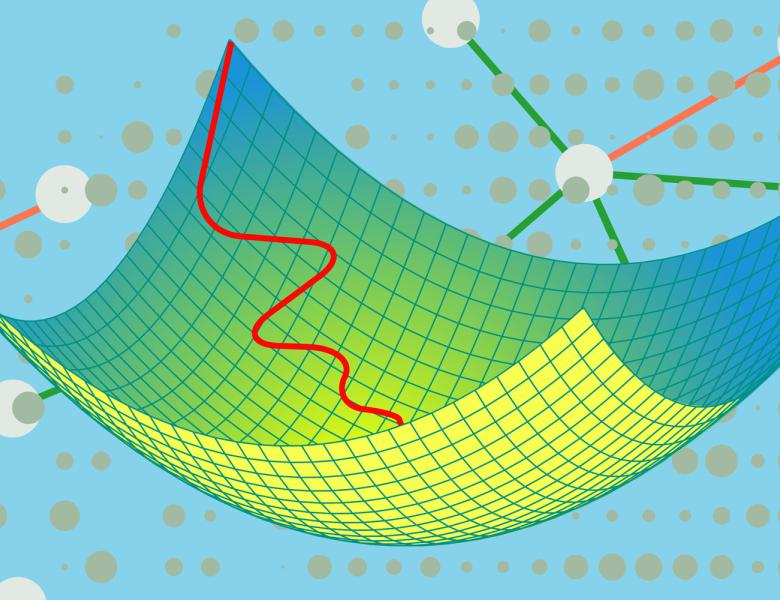
Abstract
Linear programming is a central problem in computer science and applied mathematics with numerous applications across a wide range of domains, including machine learning and data science. Interior point methods (IPMs) are a common approach to solving linear programs with strong theoretical guarantees and solid empirical performance. The time complexity of these methods is dominated by the cost of solving a linear system of equations at each iteration. In common applications of linear programming, particularly in data science and scientific computing, the size of this linear system can become prohibitively large, requiring the use of iterative solvers which provide an approximate solution to the linear system. Approximately solving the linear system at each iteration of an IPM invalidates common analyses of IPMs and the theoretical guarantees they provide. In this talk we will discuss how randomized linear algebra can be used to design and analyze theoretically and practically efficient IPMs when using approximate linear solvers.


